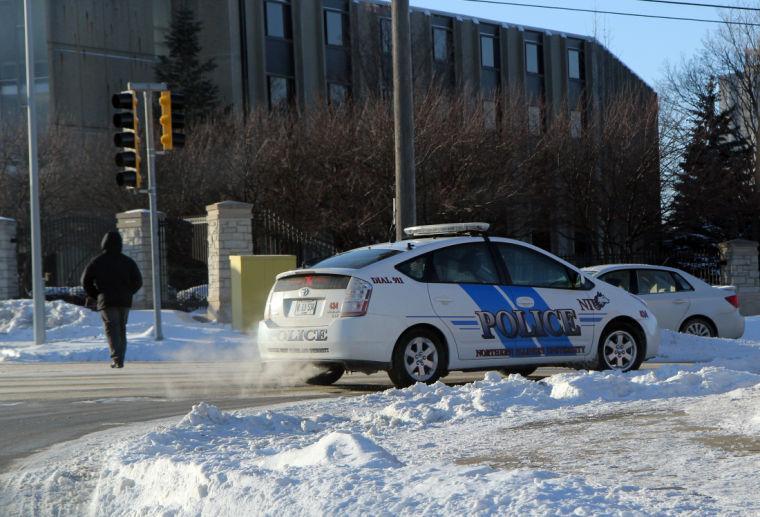Services continue in cold
January 27, 2014
Campus police urge students to stay warm in the adverse weather conditions and to use the essential services provided by the school.
NIU Police Chief Tom Phillips said on days when the university closes due to extreme weather conditions, only mandatory services remain operational.
The services that remain open are the police force, Late Night Ride and the residence halls and cafeterias, which stay open regular hours.
“My concerns are that people will not take these extreme weather conditions seriously and will go outside without dressing properly,” Phillips said. “If anyone on campus needs to get anywhere for any reason, I would rather them call us than go out and, God forbid, get frostbitten, because we don’t want to see that happen.”
Police advise students to avoid going outside especially during the evening, always bring their phones along in case of emergency, call in advance for Late Night Ride and dress in layers.
“I would use the Late Night Ride service when I have to because I wouldn’t want to walk in these conditions,” said Marisa Johnson, freshman special education major.
Phillips said the Late Night Ride service stays in service during extreme weather conditions.
Phillips said Late Night Ride sees an increase in student usage during the winter months.
Not all students are satisfied with the Late Night Ride service, though.
“I don’t like Late Night because we are on hold for an hour, and they don’t take us to or from Northern View when there is too much snow,” said Lynette Johnson, senior family individual development major.
Housing and dining takes into consideration the needs of employees as well as its students.
“We want to make sure we take into consideration the staff member’s needs,” said Residential Dining Director Richard Fritz. “The staff members are not required to stay if they have concerns about the weather.”
Housing and Dining staff members are generally asked how weather conditions could affect their ability to get to and from work a week in advance of possible extreme weather conditions, Fritz said.







